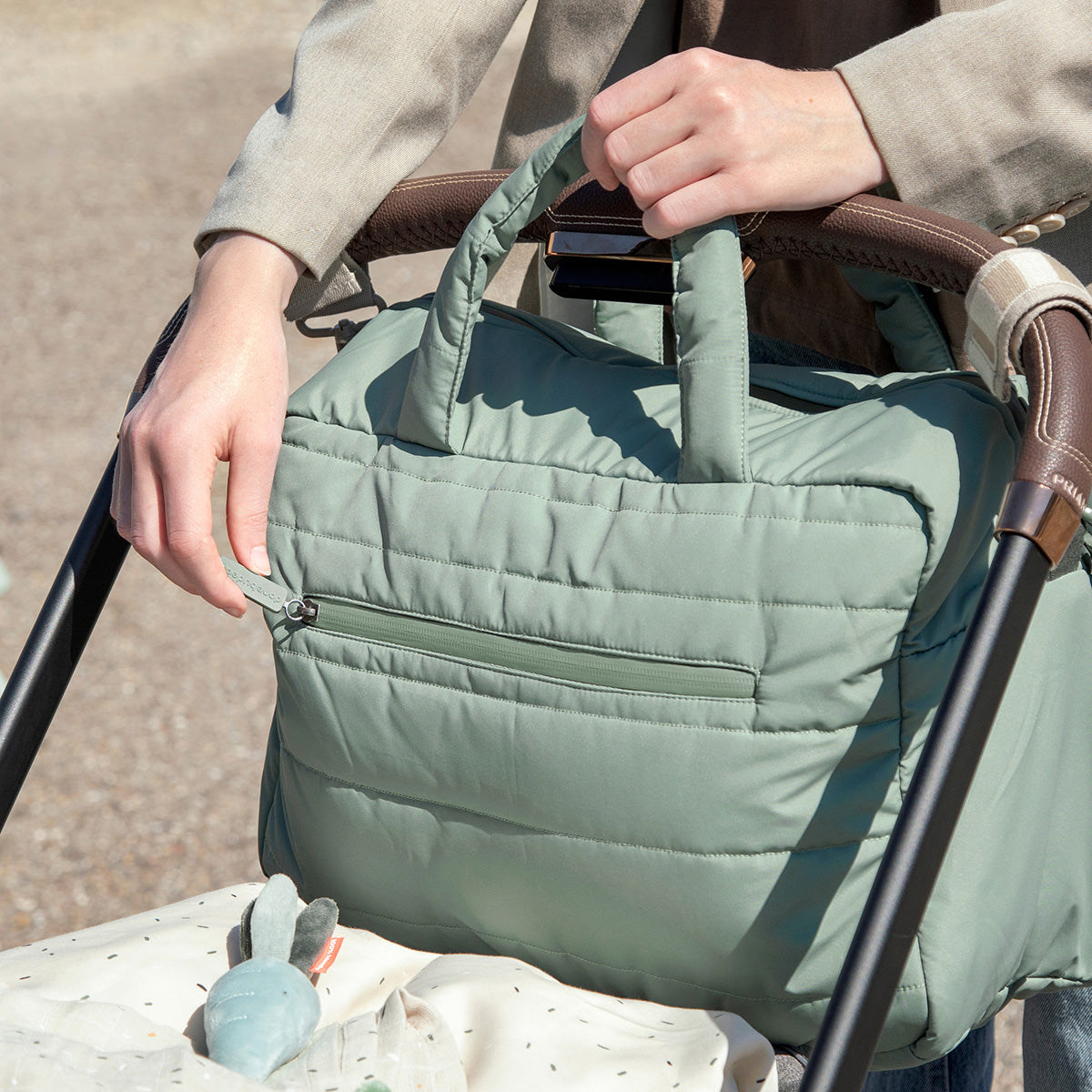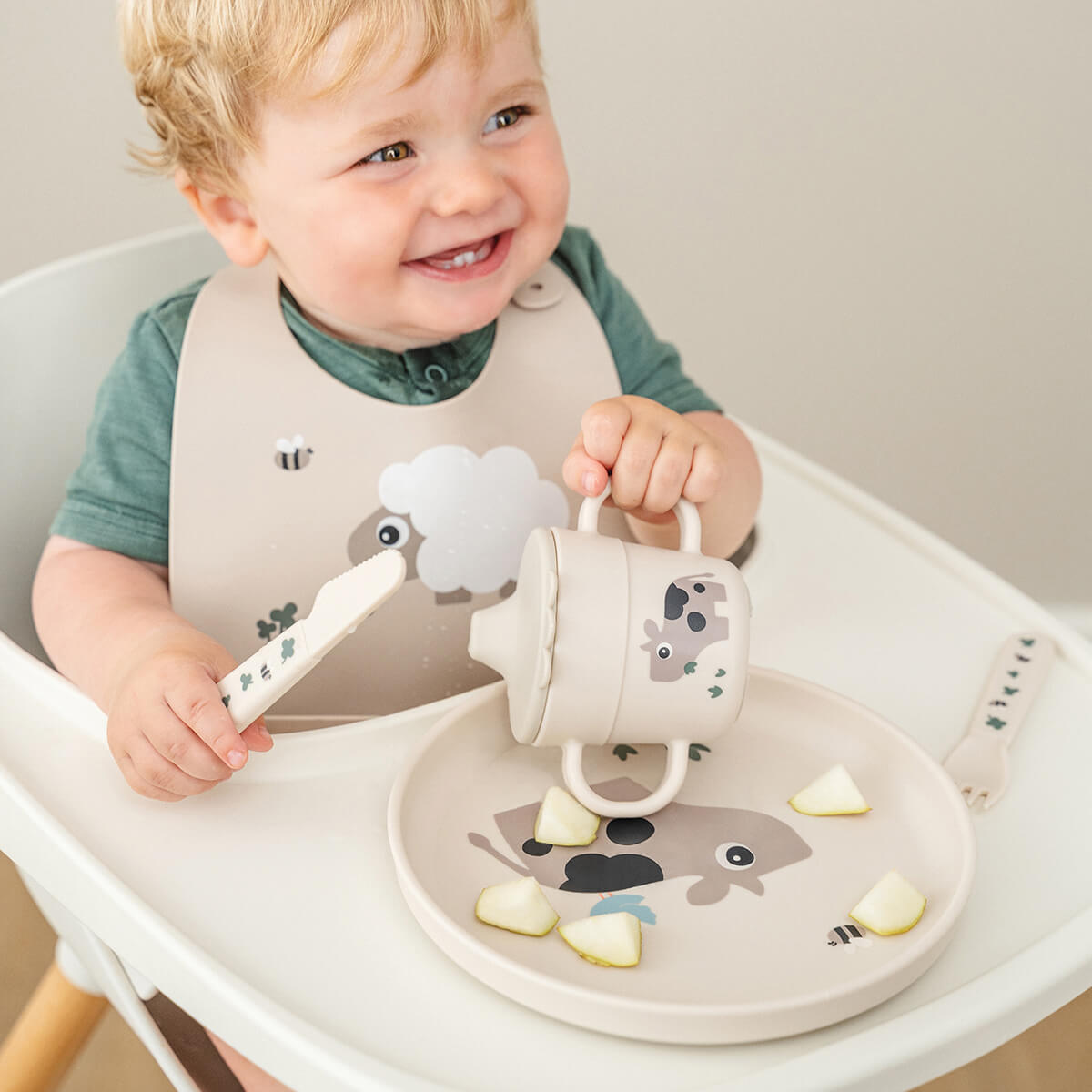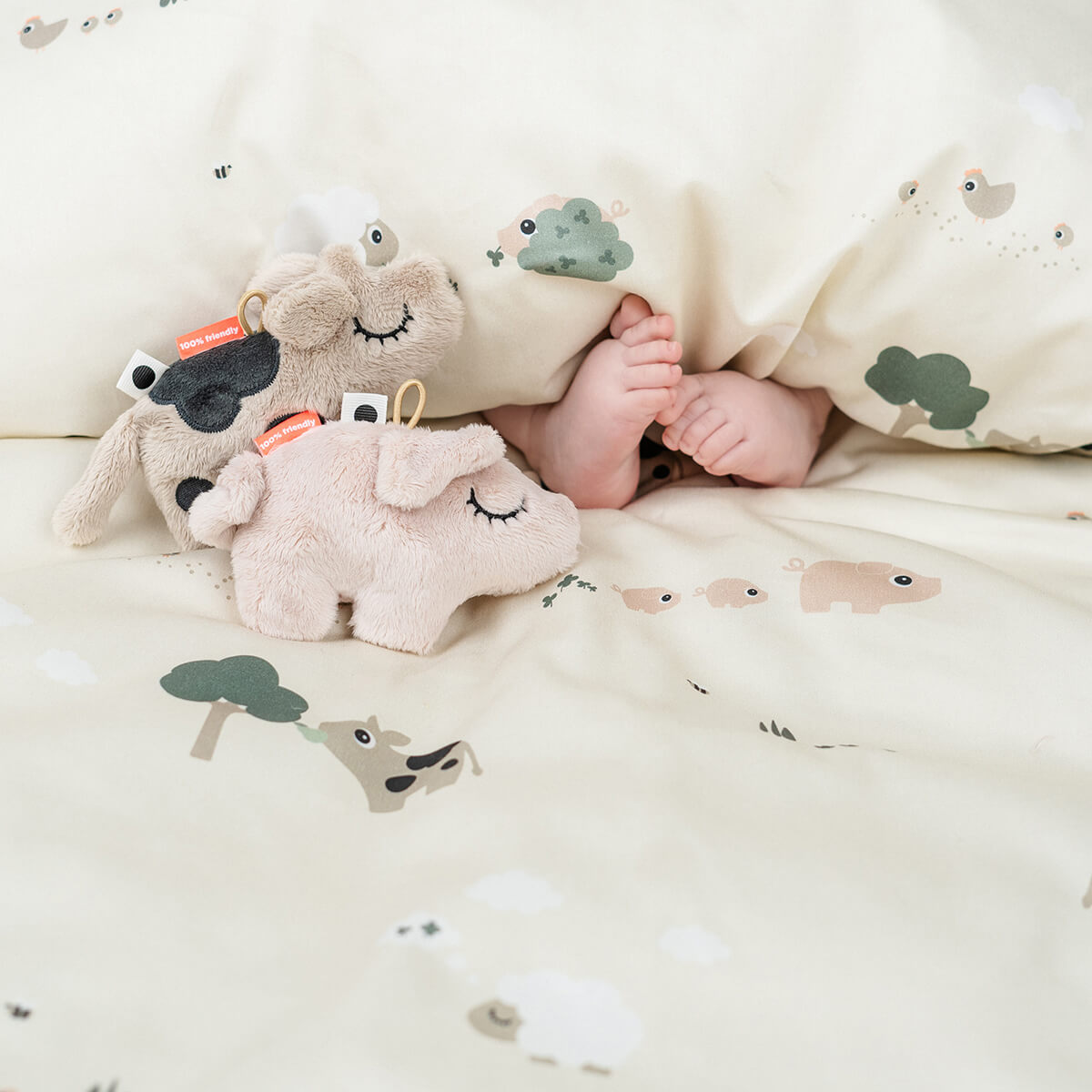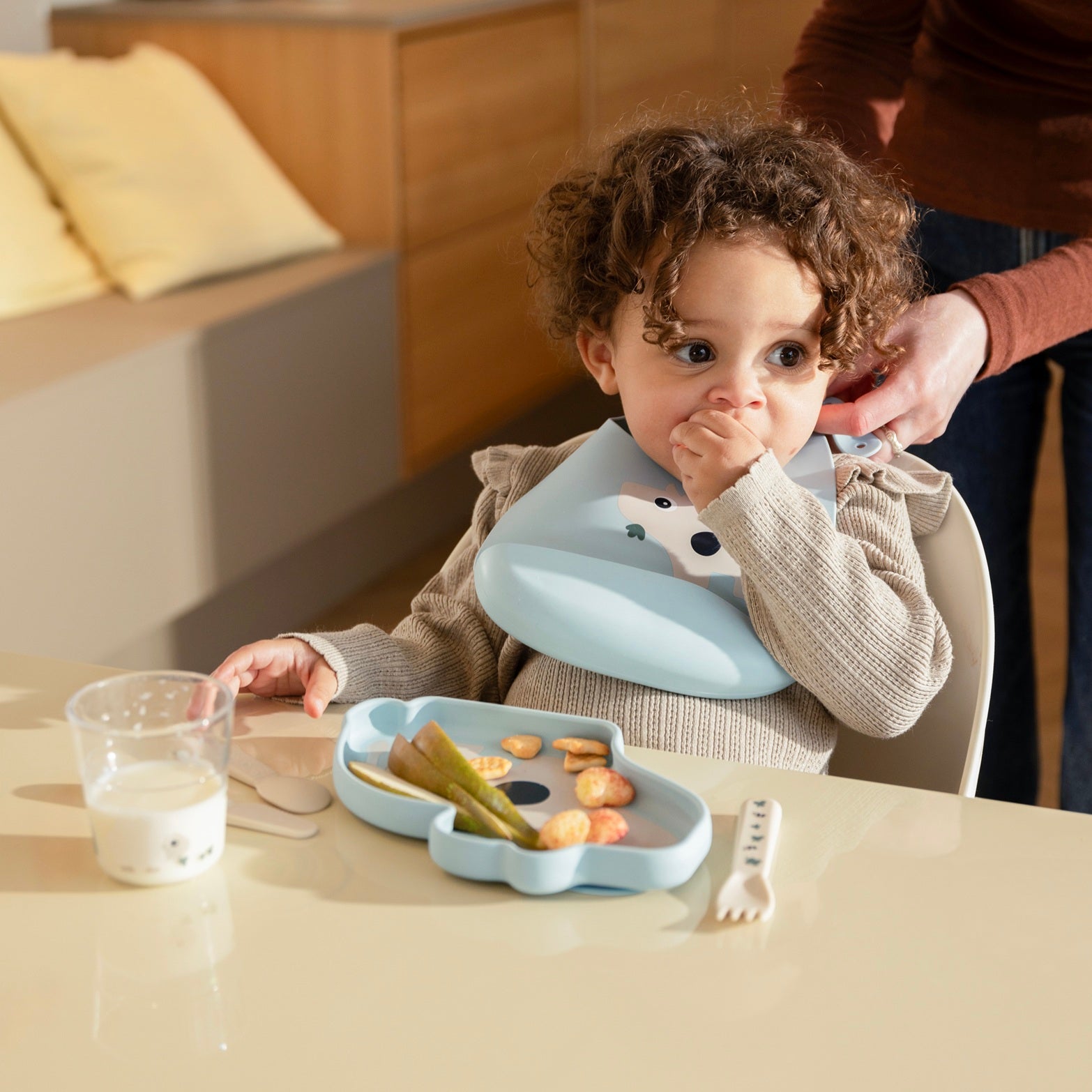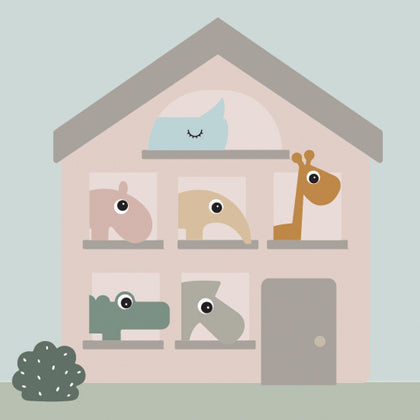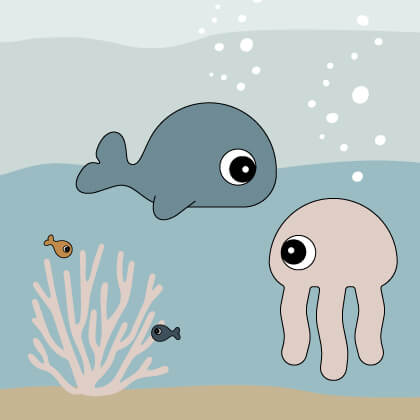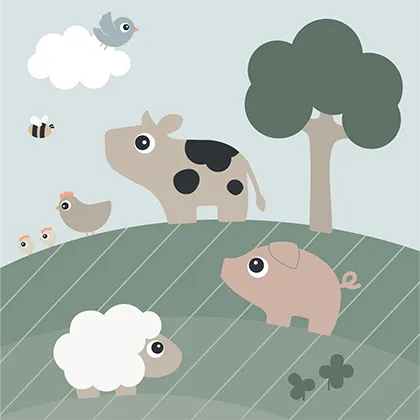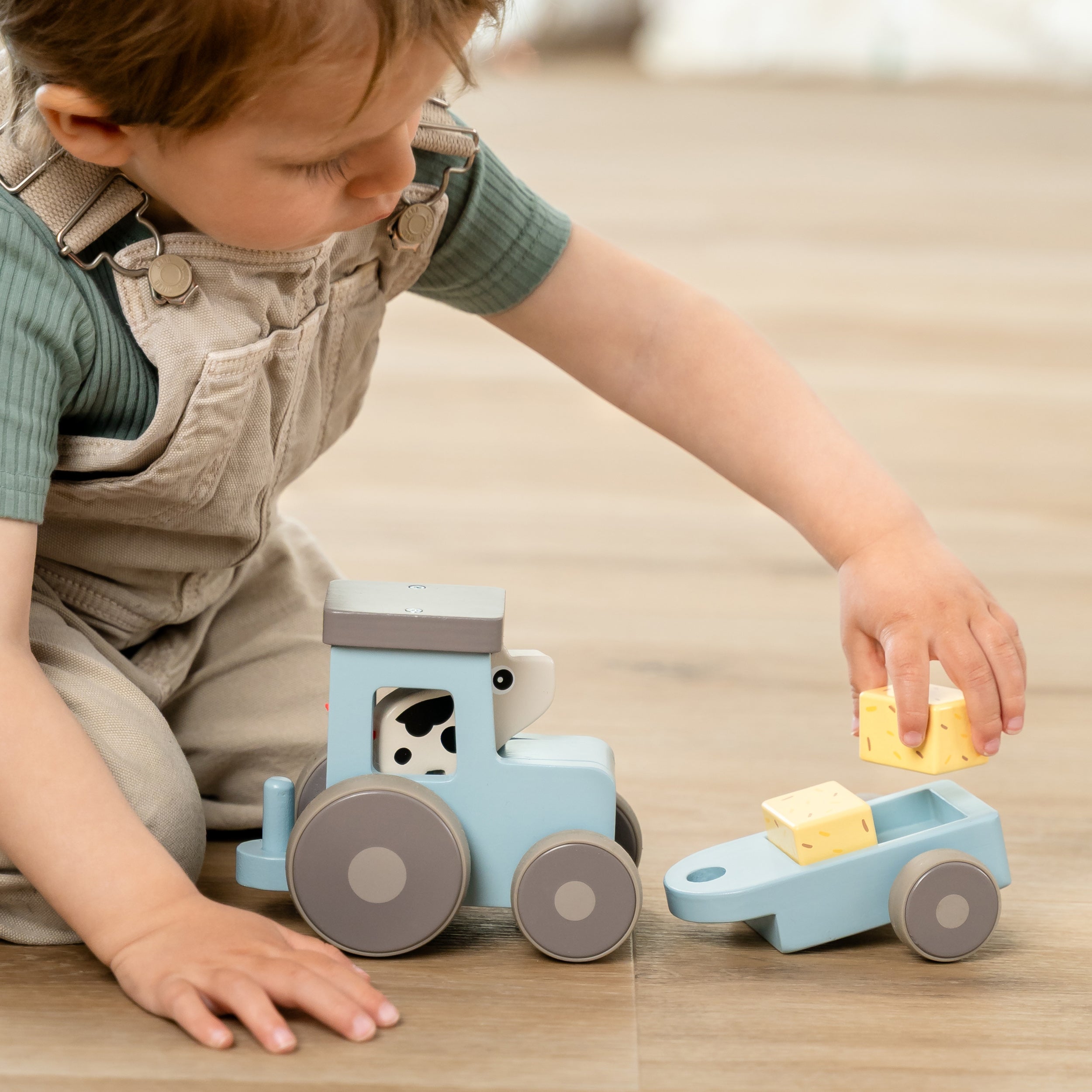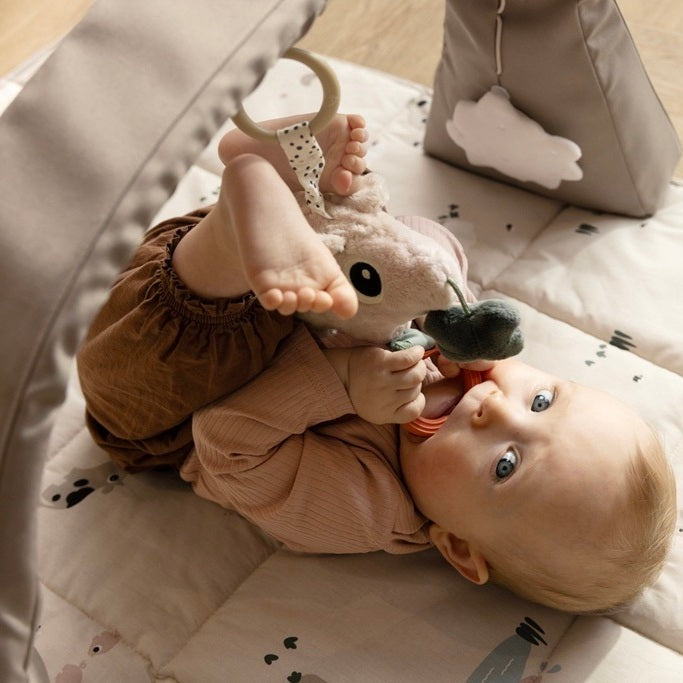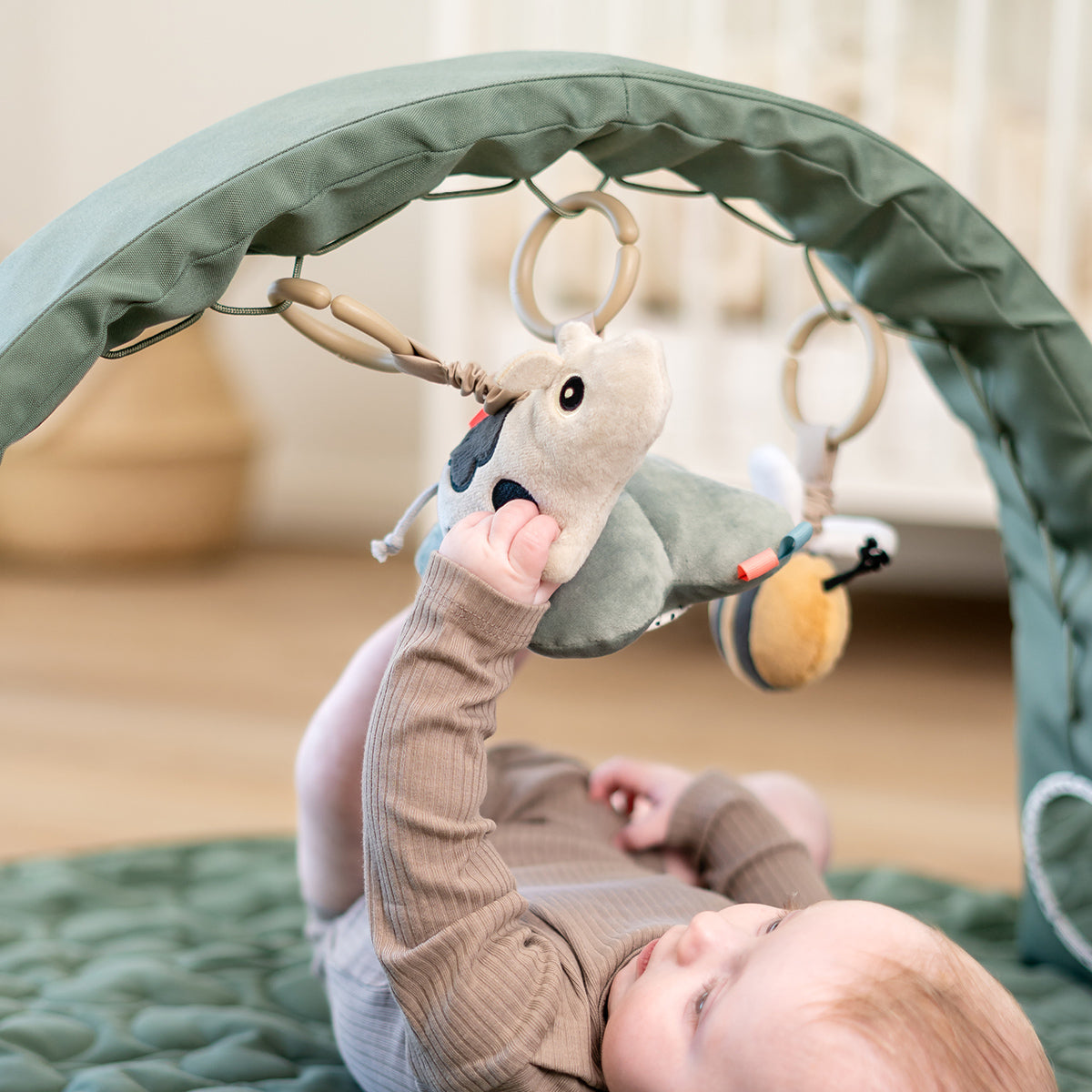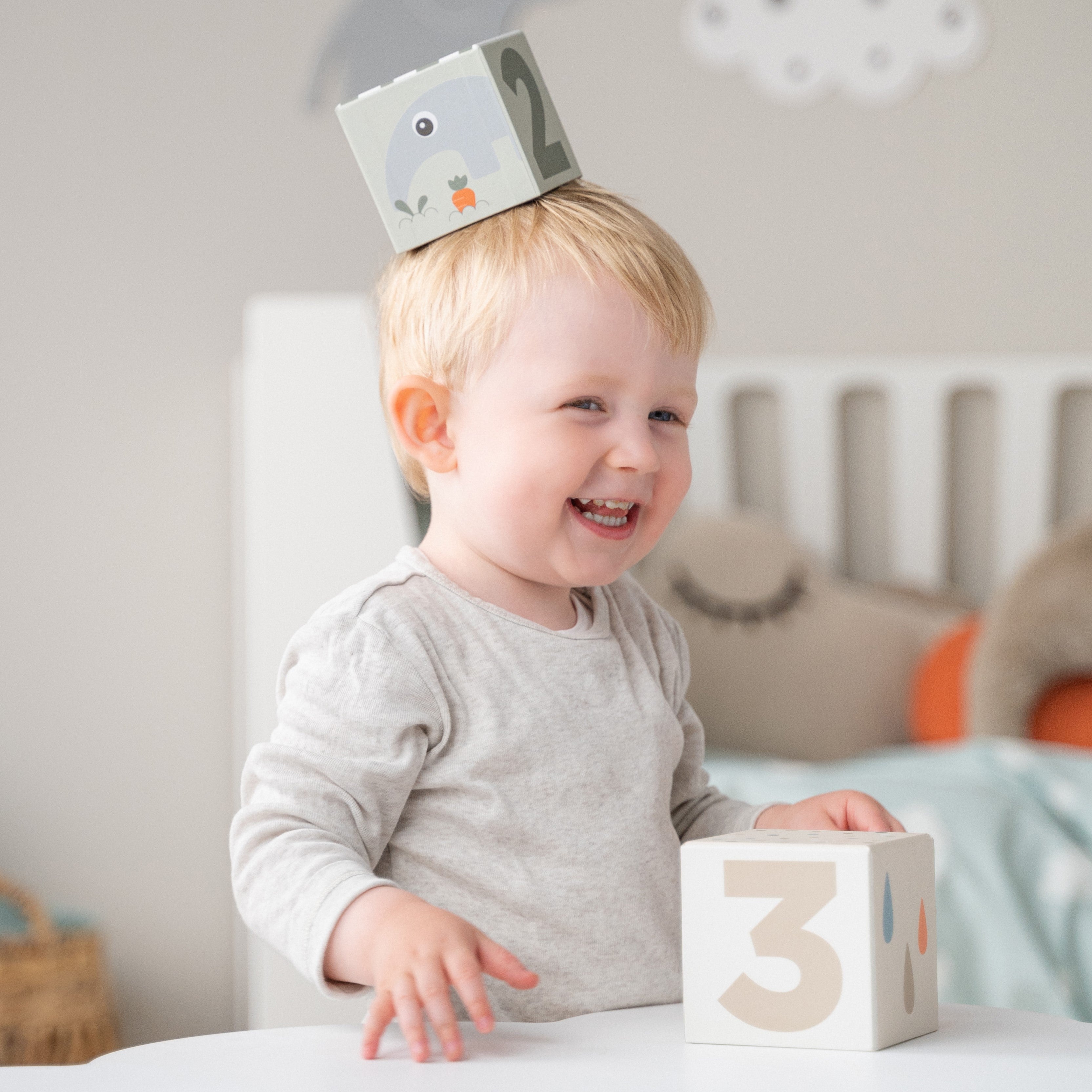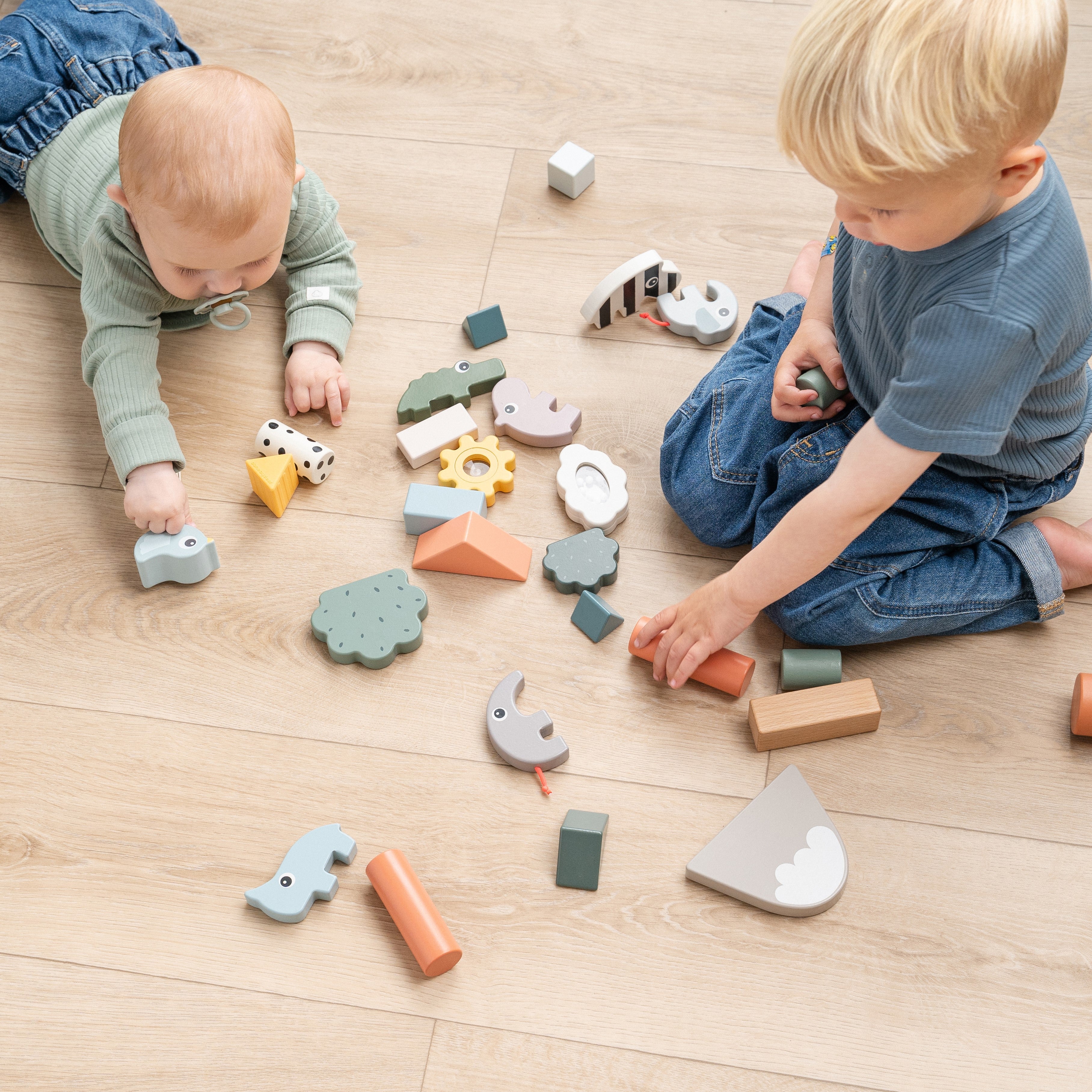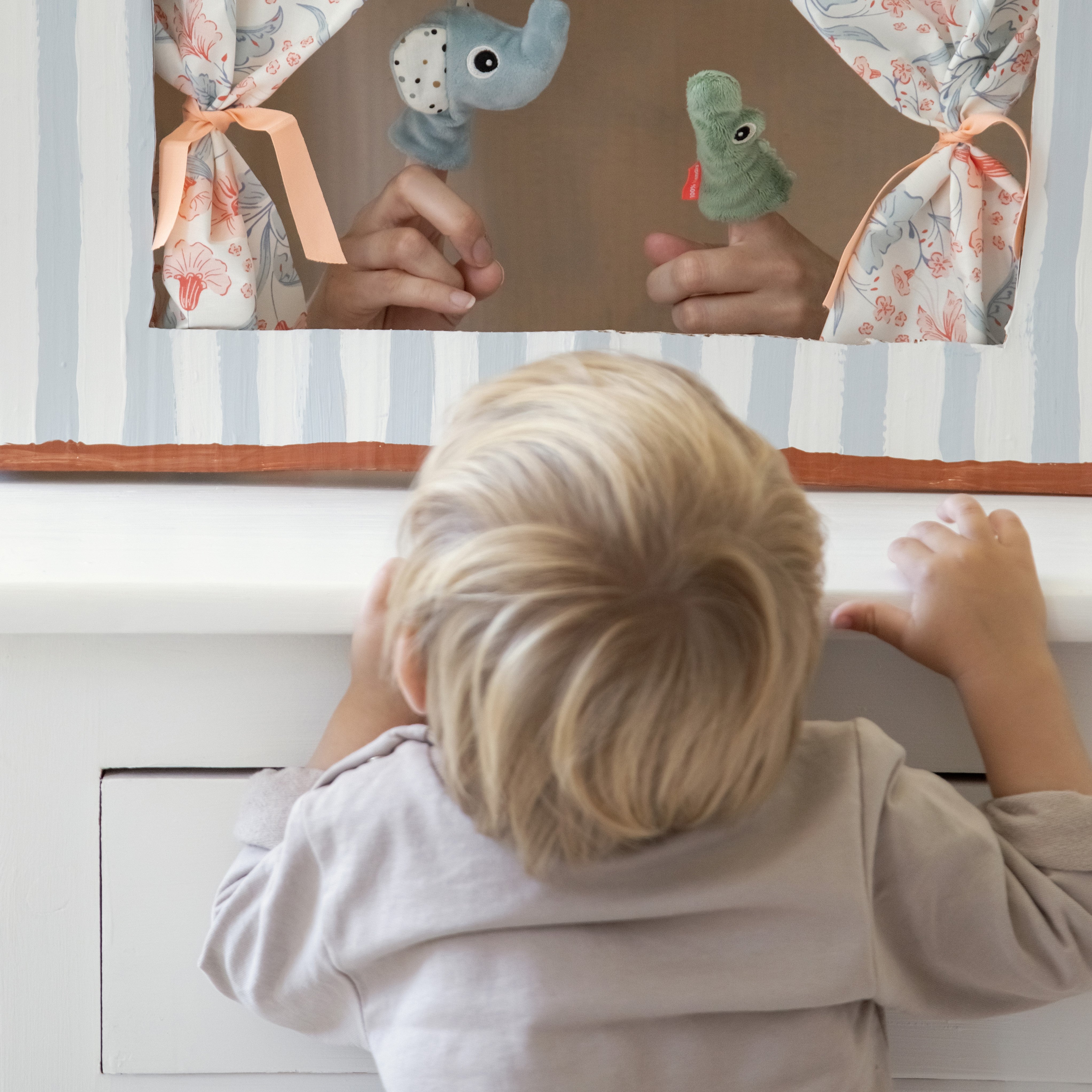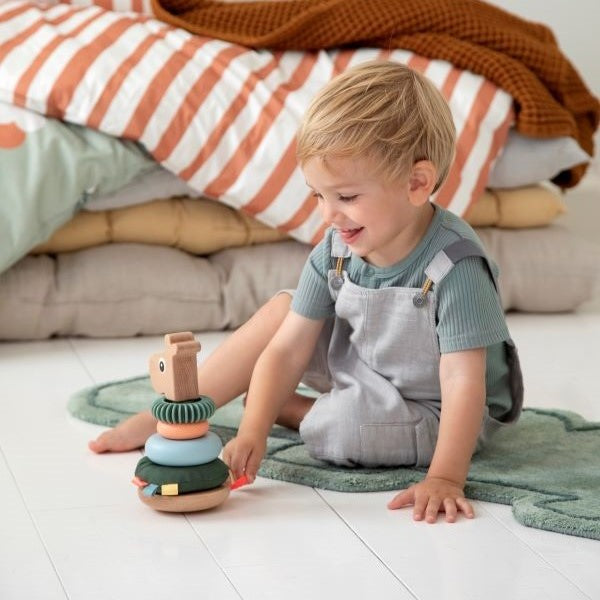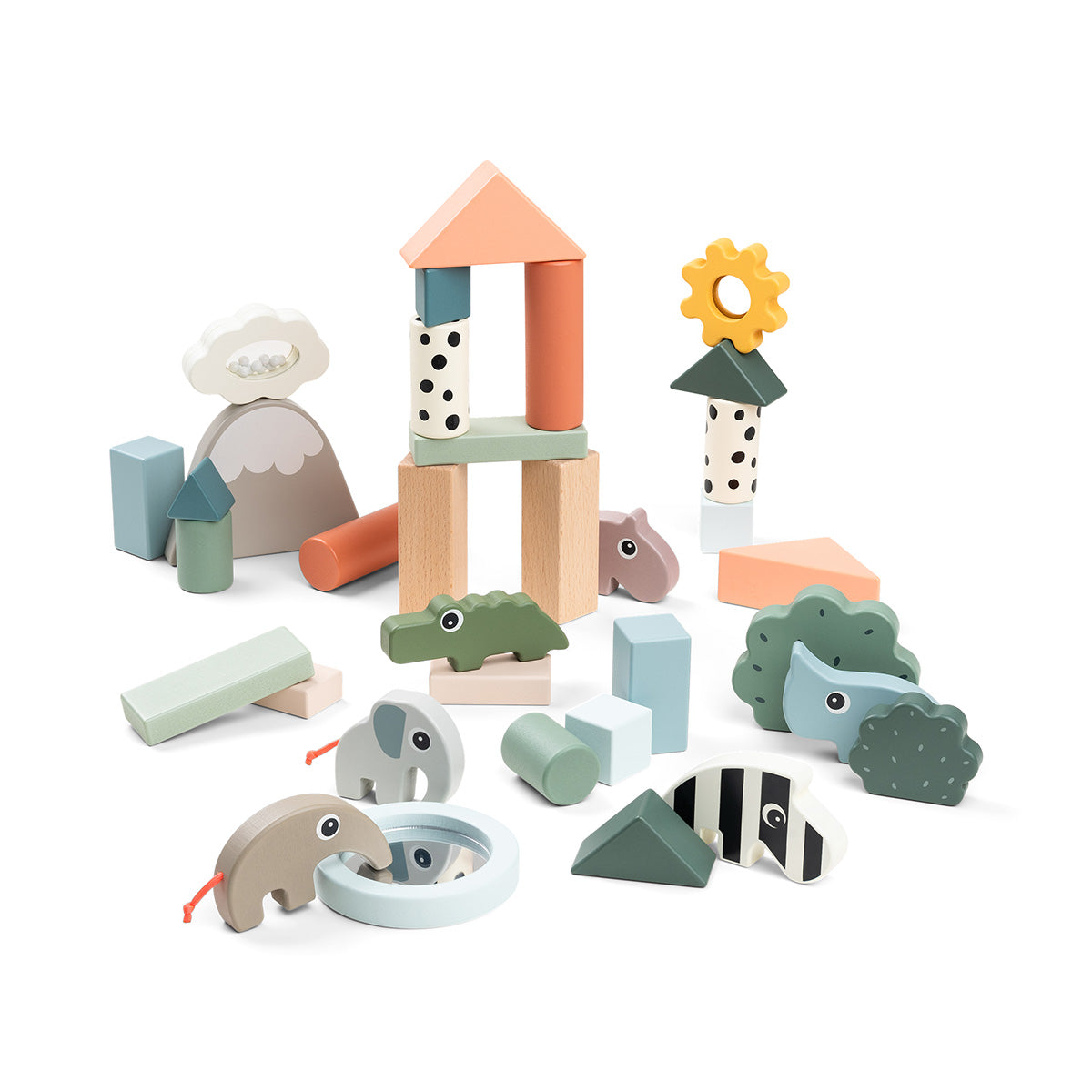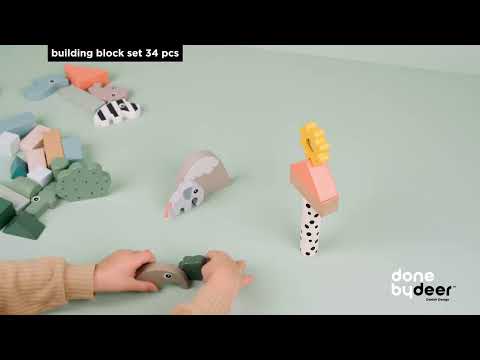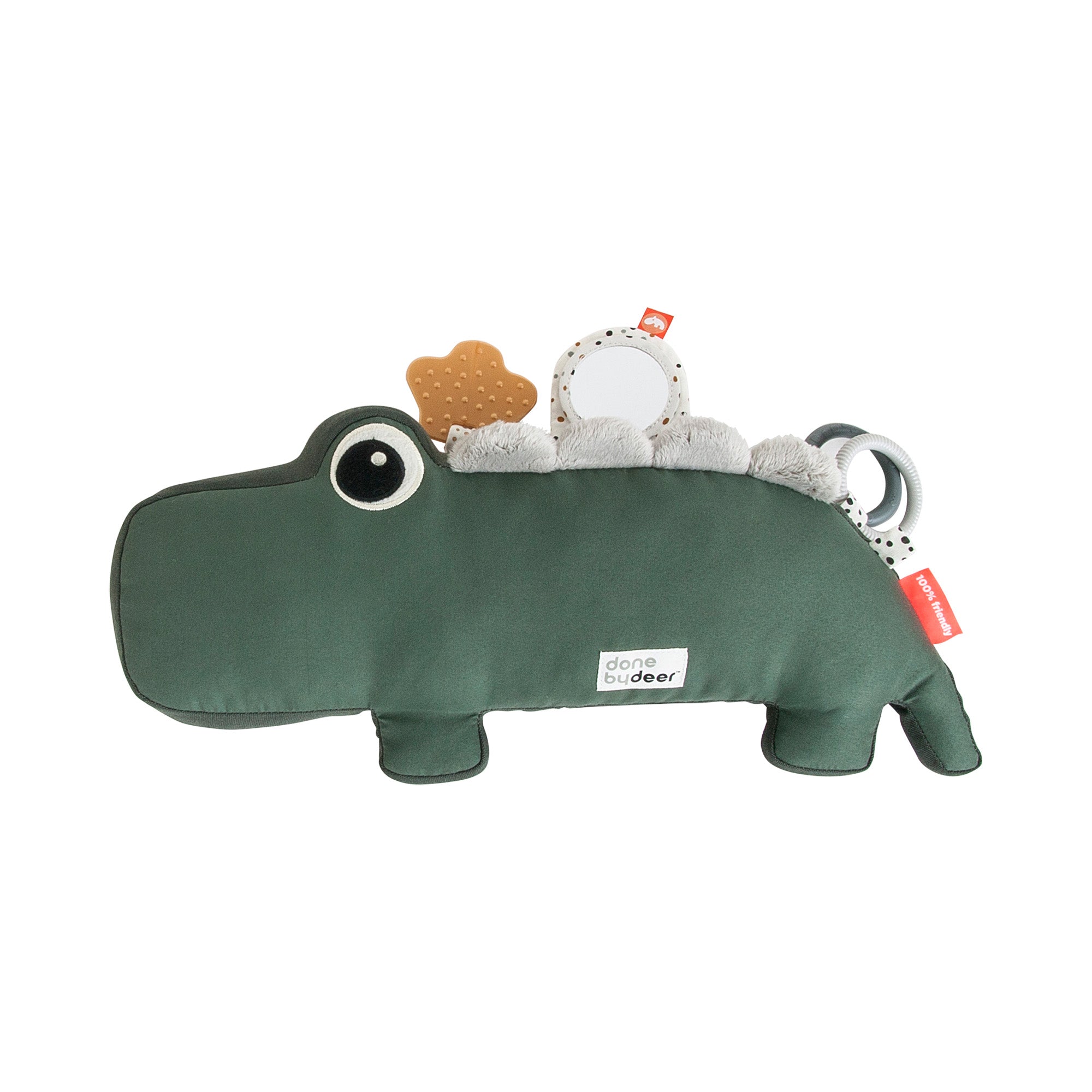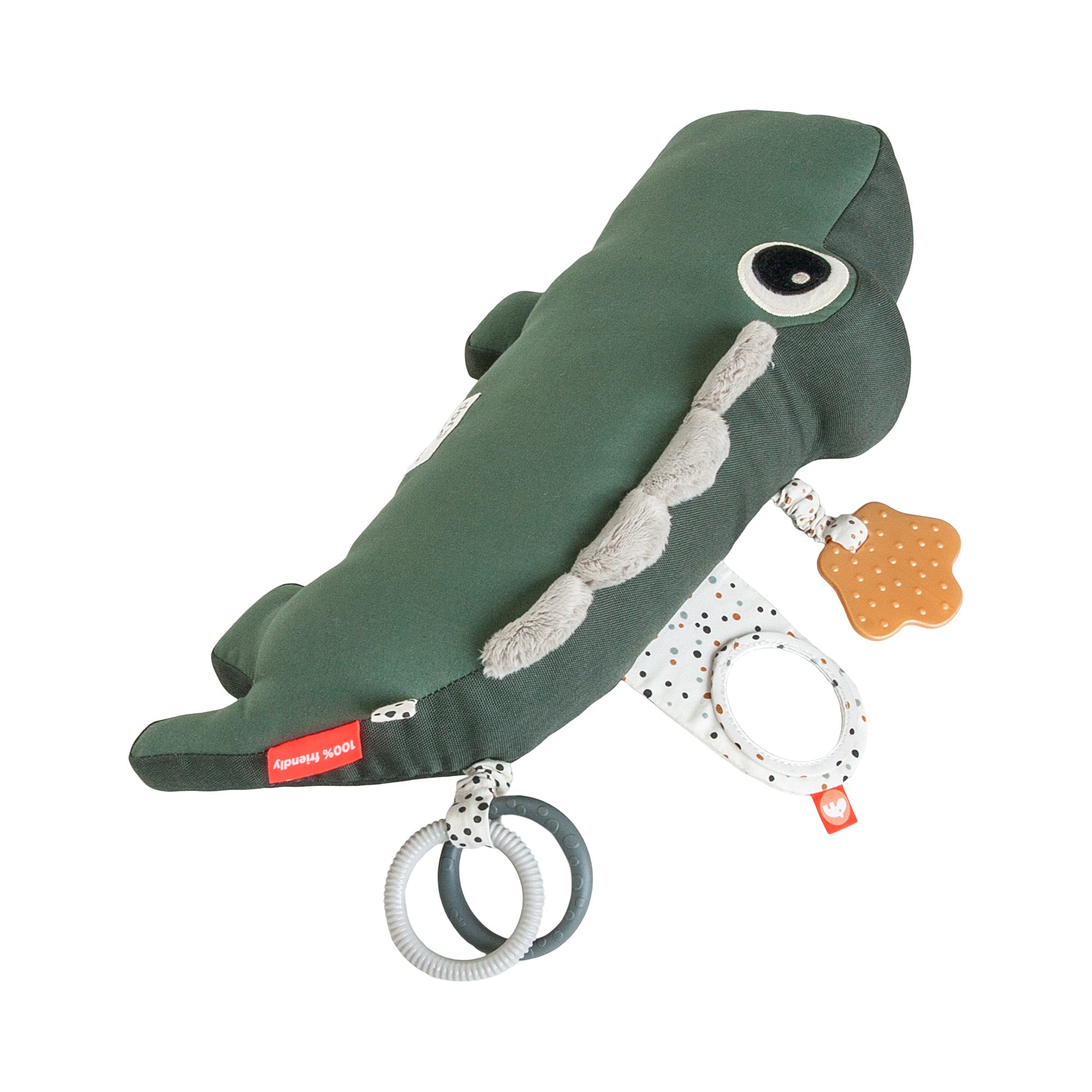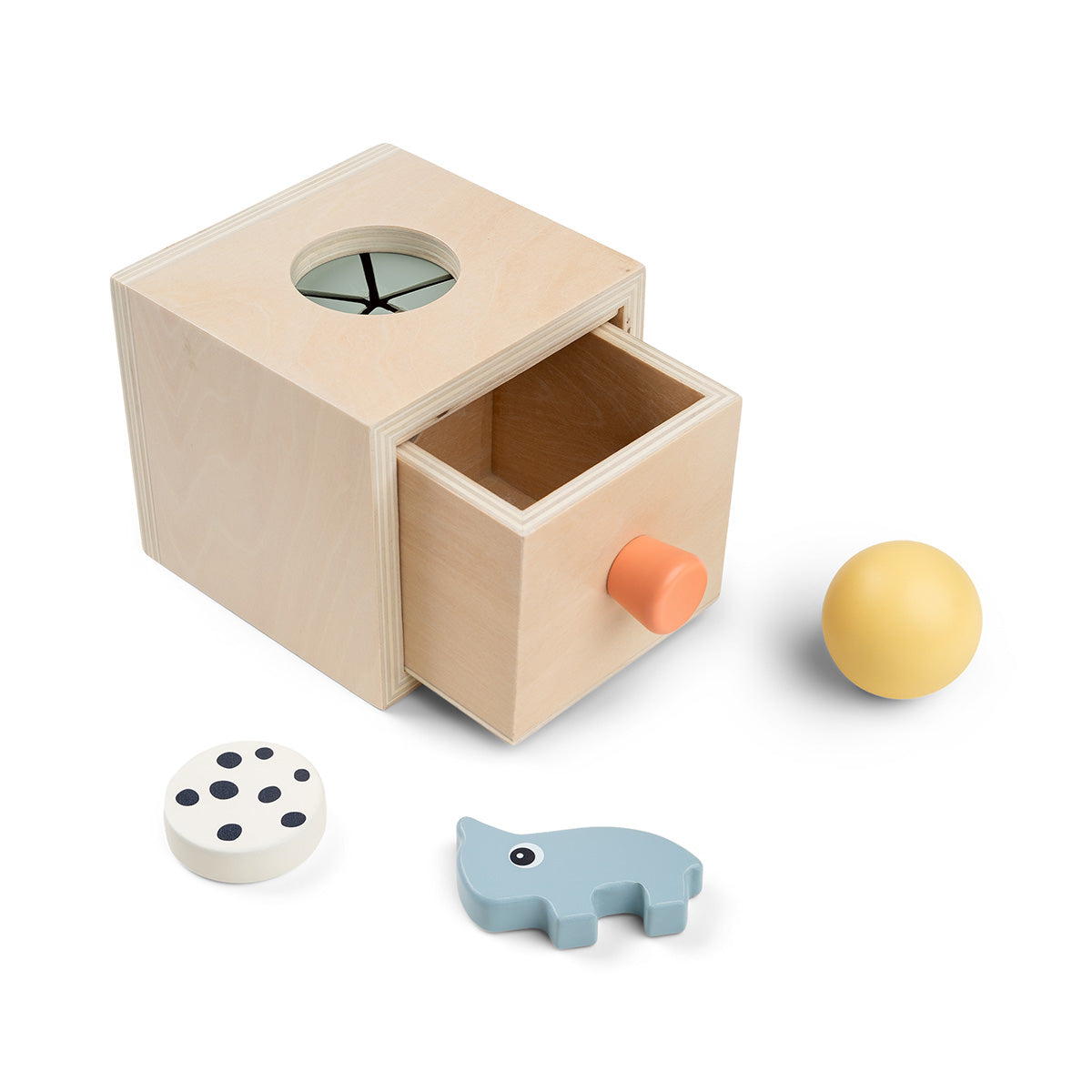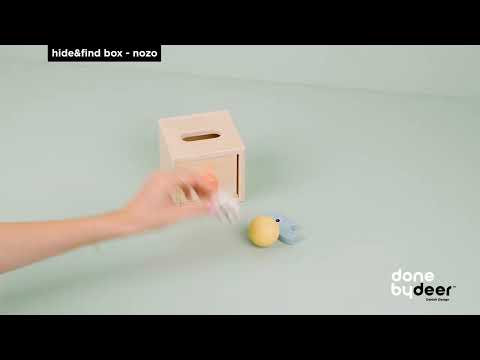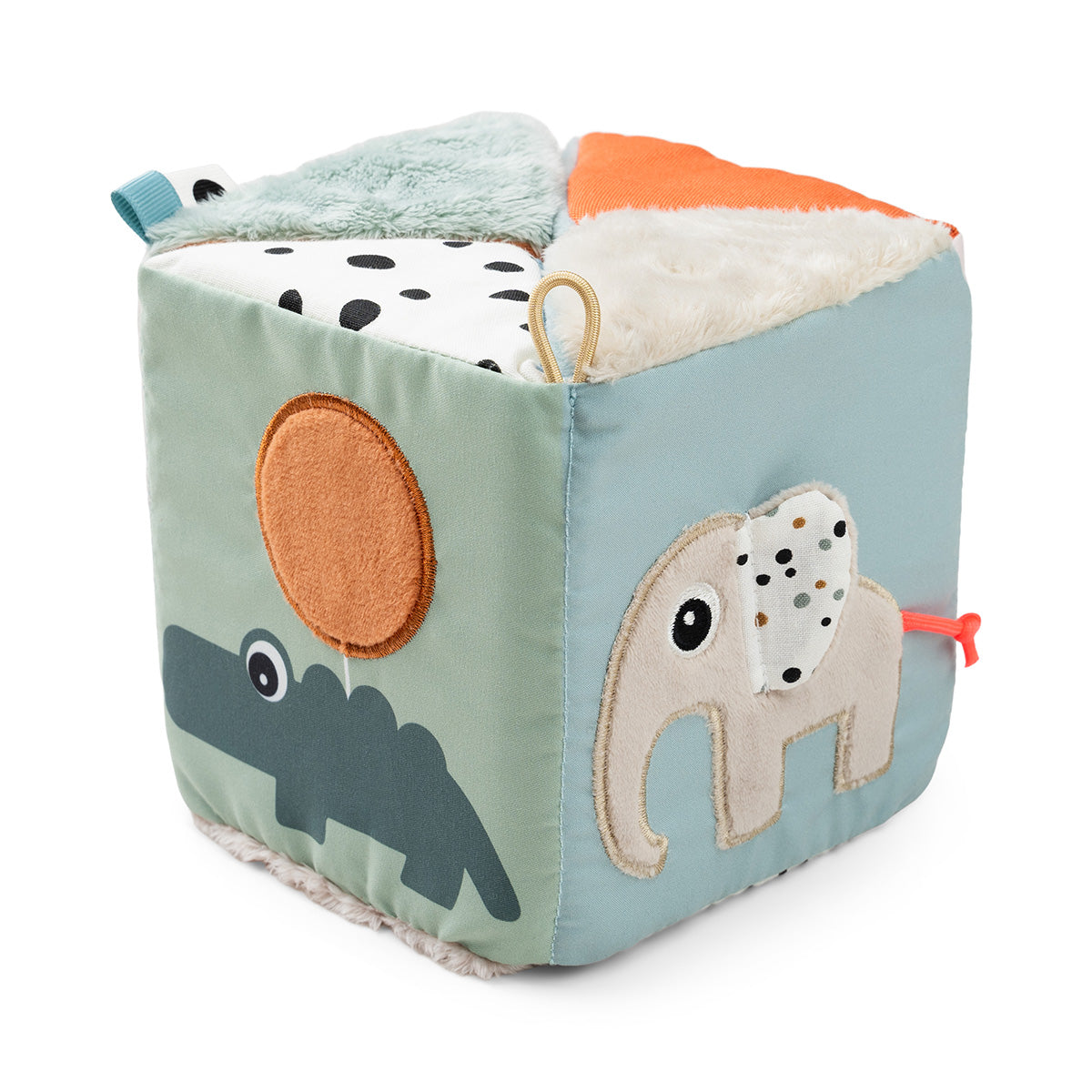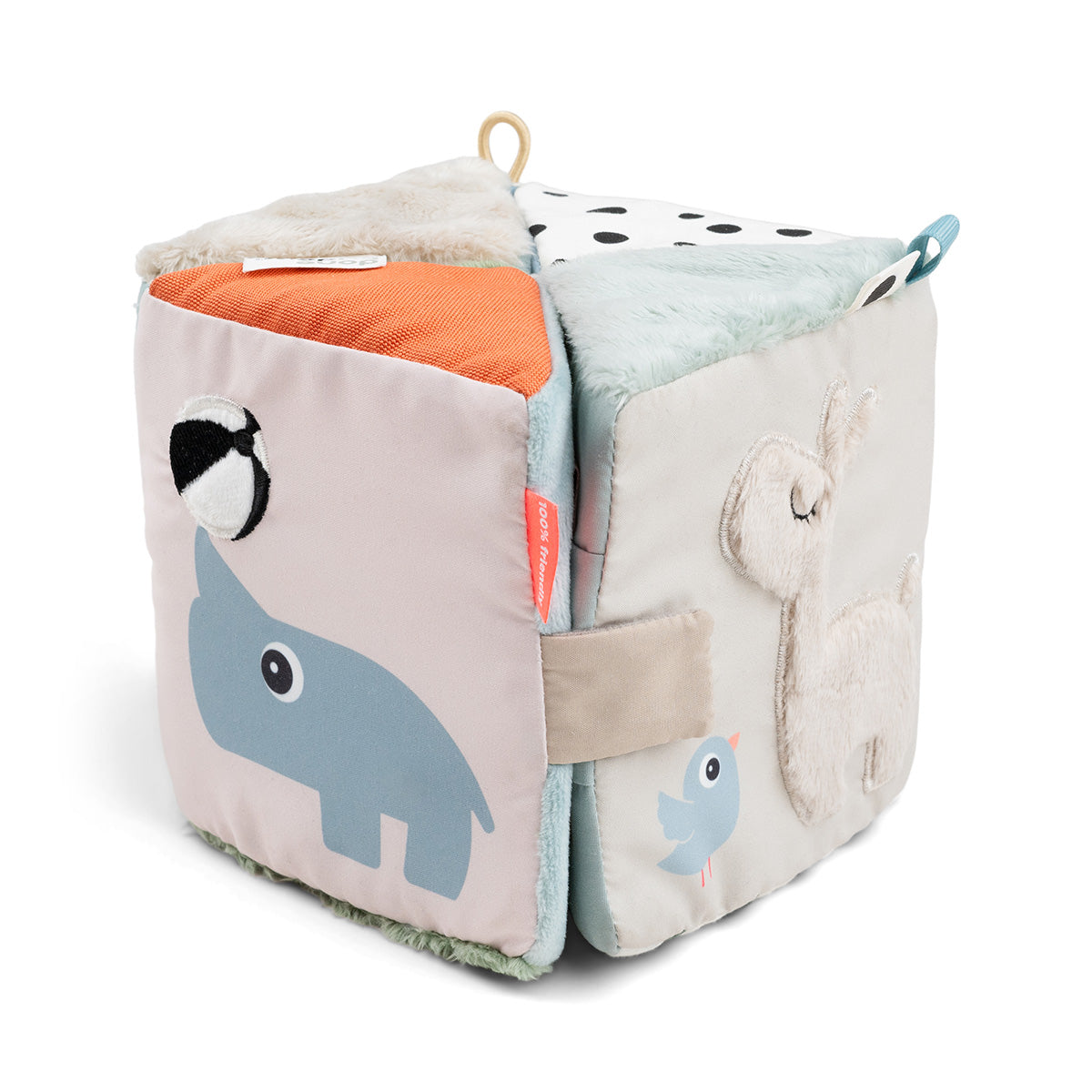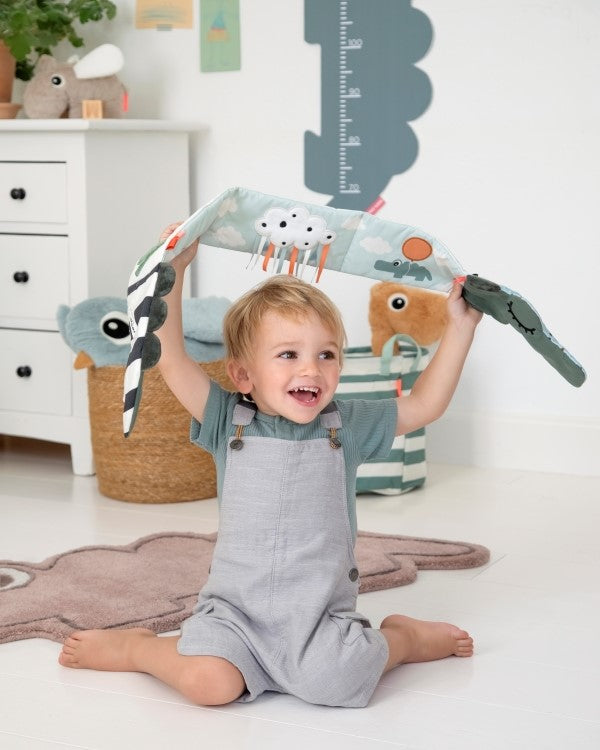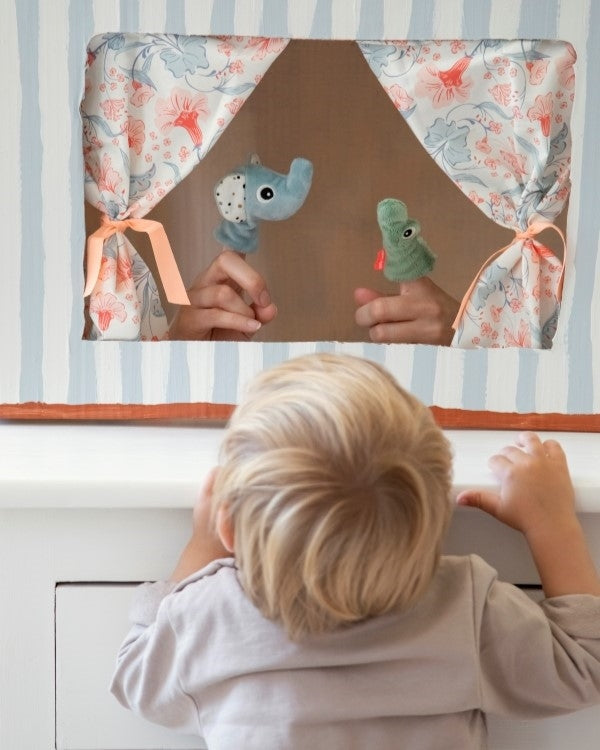Leg er en af de mest naturlige måder for børn at udforske deres verden på, og den er afgørende for udviklingen af deres sproglige færdigheder.
Når børn leger, har de det ikke kun sjovt - de kaster sig ud i aktiviteter, der hjælper dem med at opbygge ordforråd, øve sætningsstrukturer og forbedre deres evne til at lytte og reagere.
Uanset om de udtænker fantasifulde scenarier, samarbejder om projekter eller chatter med venner, giver legen uendelige muligheder for, at børn kan eksperimentere med sprog i et afslappet miljø.
Disse interaktioner styrker ikke kun deres selvtillid med sproget, men lærer dem også de vigtigste elementer i effektiv kommunikation.
hvordan leg fremmer lyttefærdigheder
At lytte er en vigtig byggesten i sprogudviklingen, da det hjælper børn med at forstå, hvordan sproget fungerer, før de selv begynder at bruge det.
Gennem leg skærper de deres evne til at fokusere, forstå talte ord og bearbejde information - alt sammen vigtige færdigheder for effektiv kommunikation.
Sjove lege som "Simon siger" eller "følg lederen" opmuntrer til omhyggelig lytning, da børn skal være opmærksomme for at følge instruktioner korrekt.
Disse legende aktiviteter styrker ikke kun deres lyttefærdigheder, men forbedrer også deres evne til at fortolke sprog på en meningsfuld måde.
Få mere at vide om legetøjets rolle i børns udvikling her.
Skab sproglige muligheder gennem hverdagens leg
Hverdagens leg giver værdifulde muligheder for at styrke børns sproglige færdigheder. Her er tre effektive måder at fremme sprogudviklingen på:
spil musik og syng sammen
At integrere musik i legen hjælper børn med at lære nye ord og rytmiske mønstre.
At synge børnerim og interaktive sange opmuntrer til deltagelse og forbedrer både det verbale udtryk og lyttefærdighederne.
fantasifuld leg
Fantasi-leg giver børn mulighed for at udforske sprog i en kontekst.
Uanset om de leger, at de er læger eller superhelte, øver de sig i dialog, udtrykker følelser og kommunikerer ideer, hvilket er afgørende for at opbygge samtalefærdigheder.
læs bøger sammen
Læsning skaber en intim ramme for sprogindlæring. At diskutere billeder og stille åbne spørgsmål hjælper børn med at forbinde ord med betydning.
Historiefortælling hjælper børn med at lære at organisere begivenheder og udtrykke deres ideer, samtidig med at de introducerer nyt ordforråd i en meningsfuld sammenhæng.
Få mere at vide om hvorfor det er vigtigt at læse for din baby her.
Ved at indarbejde disse aktiviteter i de daglige rutiner skabes et rigt sprogmiljø, der understøtter kommunikationsfærdigheder og den generelle sprogudvikling.
